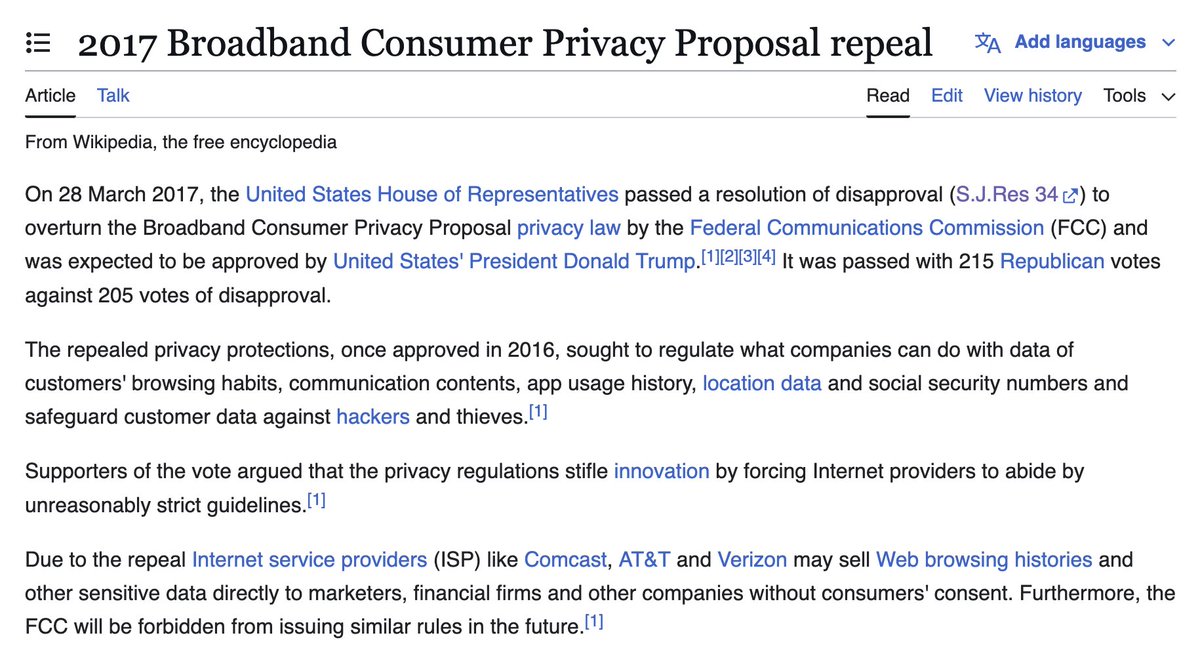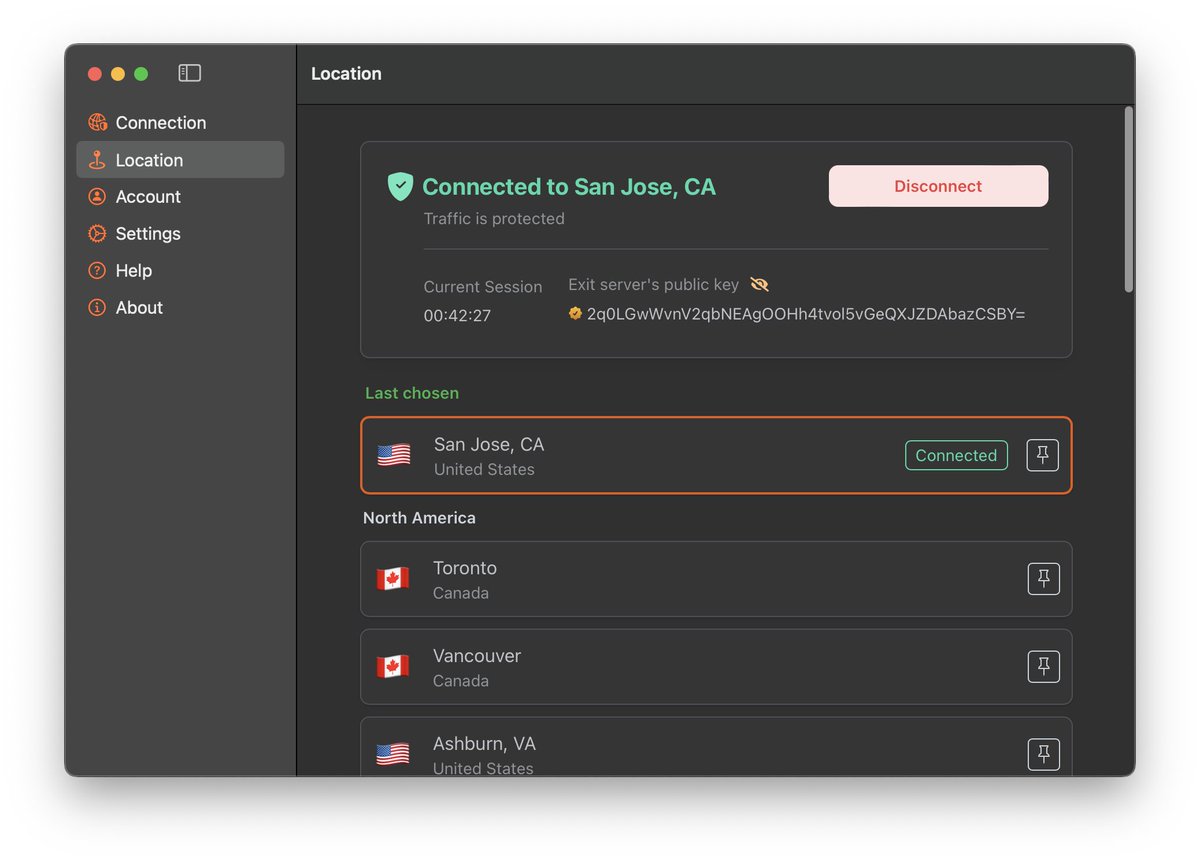Today is the day: Obscura VPN is NOW AVAILABLE!
@obscuravpn is the first VPN that:
- CAN'T log your activity by design
- Outsmarts network filters
We believe Obscura sets the standard for a new generation of VPNs, and hope you’ll check it out!
👇 Links + more in thread
@obscuravpn is the first VPN that:
- CAN'T log your activity by design
- Outsmarts network filters
We believe Obscura sets the standard for a new generation of VPNs, and hope you’ll check it out!
👇 Links + more in thread

Contrary to popular belief, traditional VPNs (even “no-log” ones) can track you – they see both who you are and what you do, just like your ISP.
Your ISP is no better. Since 2017, they've been able to legally sell your sensitive data.
3/🧵
Your ISP is no better. Since 2017, they've been able to legally sell your sensitive data.
3/🧵

Obscura is different – we never see your decrypted internet packets in the first place.
It’s simply impossible for us to log your internet activity, even if we were compelled to, or if our servers were compromised.
4/🧵
It’s simply impossible for us to log your internet activity, even if we were compelled to, or if our servers were compromised.
4/🧵
We achieve this by using a fully-independent exit hop run by @mullvadvpn. Ensuring that our servers never see your traffic, and the exit hop never sees your identity.
In fact, you can check your connected server’s public key against those listed on Mullvad’s server page!
5/🧵
In fact, you can check your connected server’s public key against those listed on Mullvad’s server page!
5/🧵

But that’s not all…
You may have had the frustrating experience of trying to use your VPN on a restrictive WiFi: in an airport, a hotel, or certain jurisdictions.
Other VPNs will often fail to connect, as their off-the-shelf protocol is easily detected and blocked.
6/🧵
You may have had the frustrating experience of trying to use your VPN on a restrictive WiFi: in an airport, a hotel, or certain jurisdictions.
Other VPNs will often fail to connect, as their off-the-shelf protocol is easily detected and blocked.
6/🧵
With Obscura, we built our own custom stealth protocol that is much harder to block.
Our protocol blends in with regular internet traffic using the same technology that powers HTTP/3 – QUIC – making it much harder for censors or network filters to detect or block.
7/🧵
Our protocol blends in with regular internet traffic using the same technology that powers HTTP/3 – QUIC – making it much harder for censors or network filters to detect or block.
7/🧵
To celebrate our launch, Obscura is just $6/month.
Our team has put in the hours to make this all a seamless experience, and I hope you’ll take Obscura for a spin.
🔗
Thanks for reading, and I’ll see you on the free and open internet. 🏄 obscura.net
Our team has put in the hours to make this all a seamless experience, and I hope you’ll take Obscura for a spin.
🔗
Thanks for reading, and I’ll see you on the free and open internet. 🏄 obscura.net

P.S. For those looking for an exploration of our technical choices, here's our blog post! obscura.net/blog/bootstrap…
• • •
Missing some Tweet in this thread? You can try to
force a refresh




